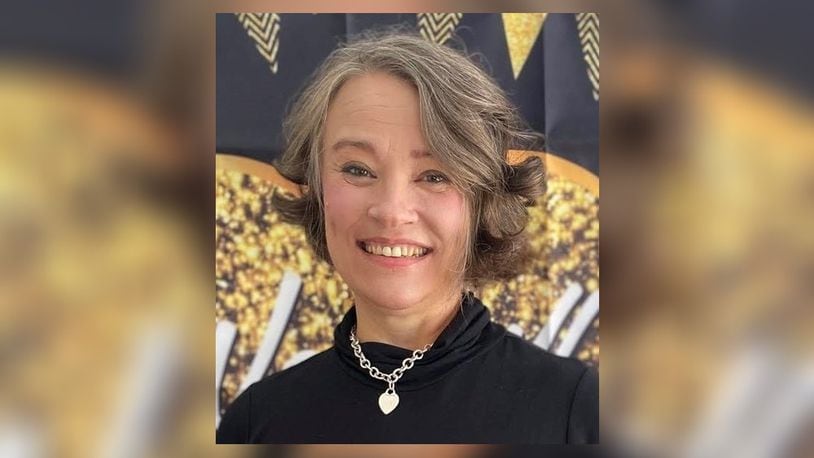Western Ohio certainly is not alone. Ohioans are suffering from addiction and mental illness in unprecedented numbers, affecting residents of all ages and ethnicities in cities, suburbs and rural areas. Consider these sobering statistics:
- Approximately 2.3 million Ohioans (1 in 5) suffer from mental illness.
- Substance use addictions have hit Ohio, especially in rural areas, according to the Ohio Health Policy Institute. The Centers for Disease Control ranks Ohio among the top 5 states for residents with various addictions.
- Federal data released in the fall of 2021 said overdose deaths in Ohio set a record at 5,083 lives lost.
- 17.7% of Ohioans report they drink excessively.
There is obviously an alarming and increased demand for substance use and mental health treatment throughout the state. Unfortunately, there is a shortage of providers. In Clark County for example, there are 570 residents for every one mental health provider. In Champaign County, 1 for every 930 residents. And in Montgomery County, one provider per 310 residents.
Addressing the need for more mental health providers in our county is not an easy fix, as some of the jobs they do require years of study and training. But part of fix is something that grew out of necessity during the pandemic, the growth of telehealth mental health services, which are literally providing a lifeline to thousands of Ohioans.
For example, Thrive Peer Recovery Services in Springfield offers proven services to guide those with mental illness and to put those with substance use issues on the road to recovery.
The peer support model uses trained professionals who have been successful in their own personal recovery to help others experiencing similar situations. Peer supporters are certified by the state and backed by a team of clinical experts.
Peer supporters provide support and guidance based on their real-life experience to provide support and guidance and work with medical professionals to develop counseling and rehabilitation strategies. The unique power of peer support is extending rehab beyond the clinical setting into the everyday environment and after completion of initial treatment. Peers remain engaged and provide ongoing accountability that helps to prevent relapse. And they help provide life-skills support so that patients can live economically independent.
Thrive works in partnership with our partners at area agencies including the Mental Health and Recovery Board of Clark, Greene & Madison Counties, Madison Health and Soin Medical Center. Locally we also work with Woodhaven Residential, MedMark, Brightview, Spero Health and the Montgomery County Public Defender’s office.
Thrive services are also available to any of the 3.5 million Ohioans enrolled in the State’s Medicaid program as well as Ohioans who have Anthem health insurance.
We encourage area leaders to allocate ARPA dollars to address mental health issues in the region and strive to reach the federal government’s recommendation of 37% earmarked toward behavioral health needs.
It’s the right thing - and the smart thing - to do. We all pay the costs of poor behavioral health. By improving it, there will be less strain on our police, fire and justice systems. Our residents will be healthier and our economic vitality will be stronger.
China Darrington is the Director of Advocacy and Public Policy for Thrive Peer Recovery Services. Josh Munoz is the Assistant Community Manager of Springfield.
